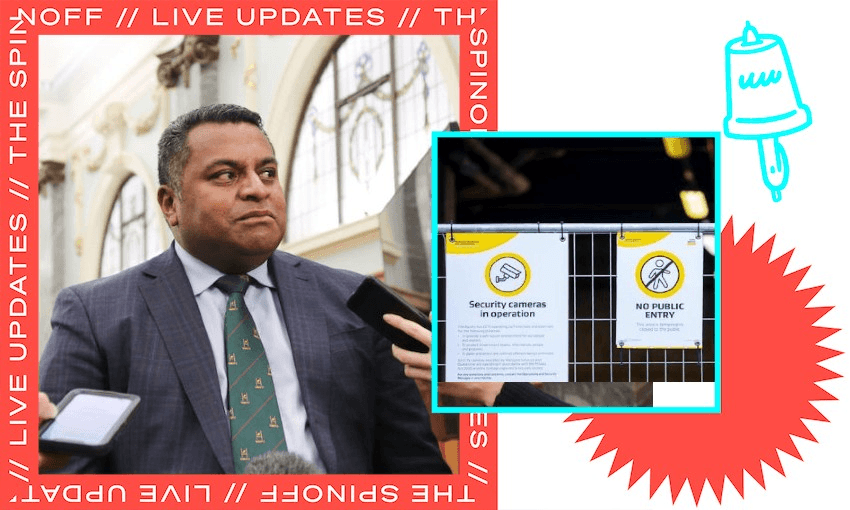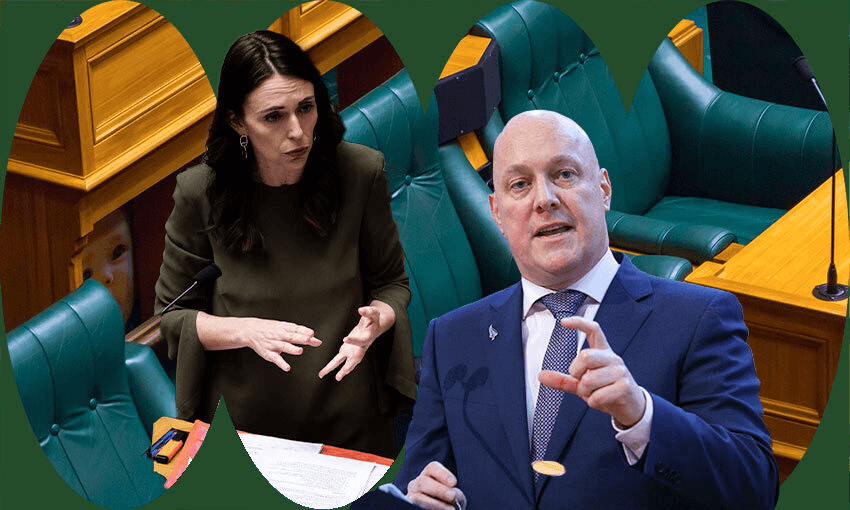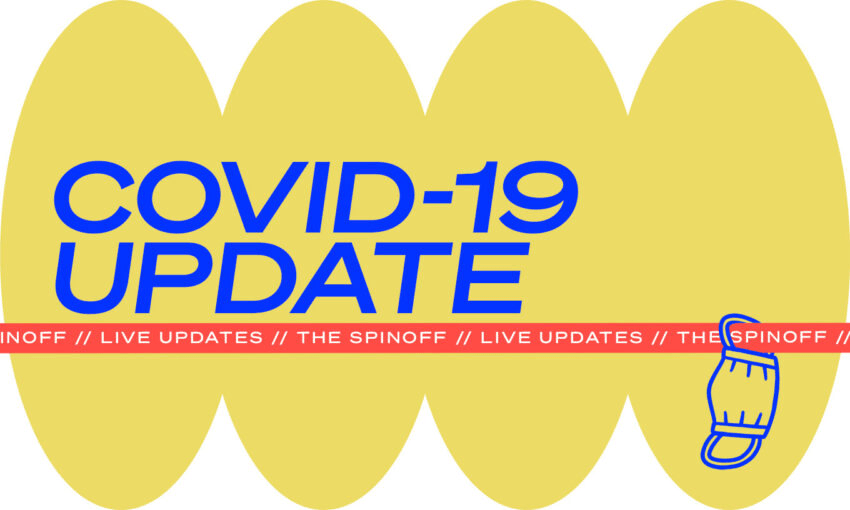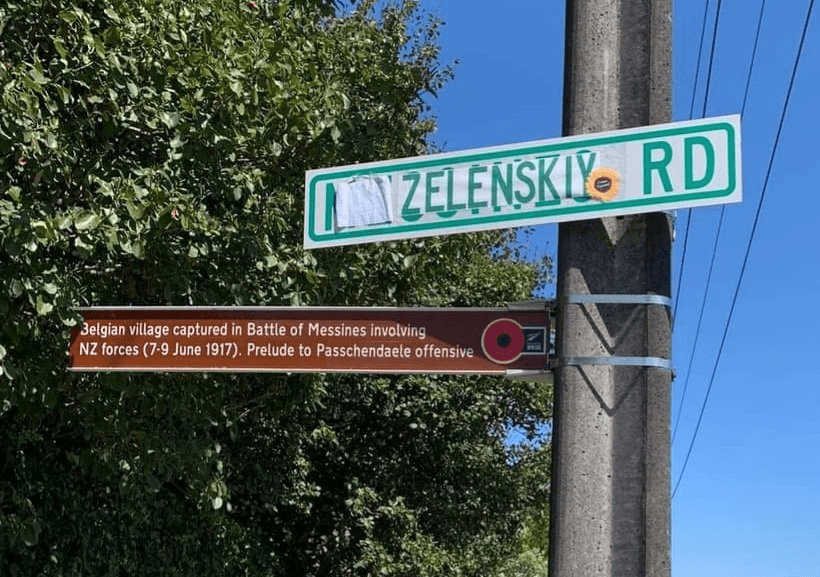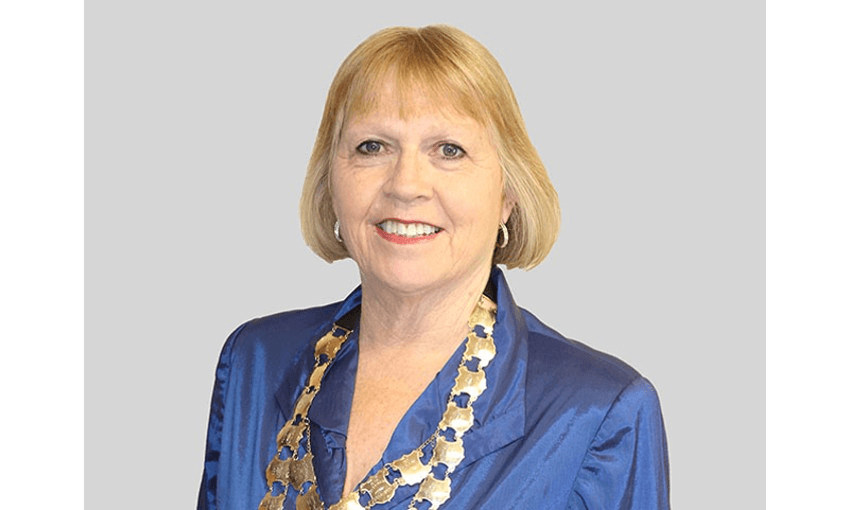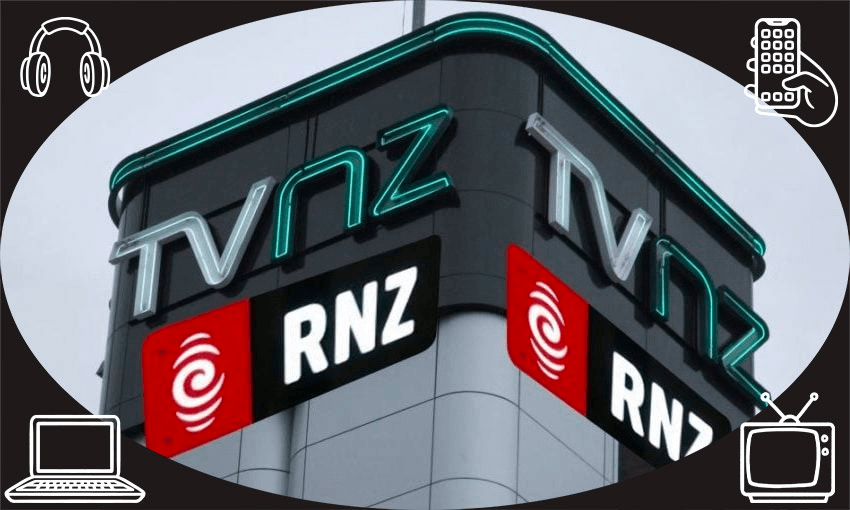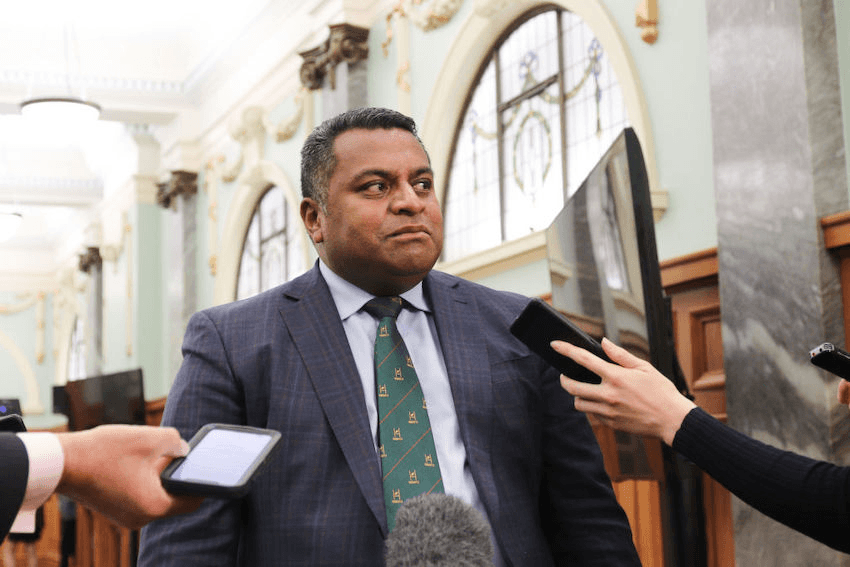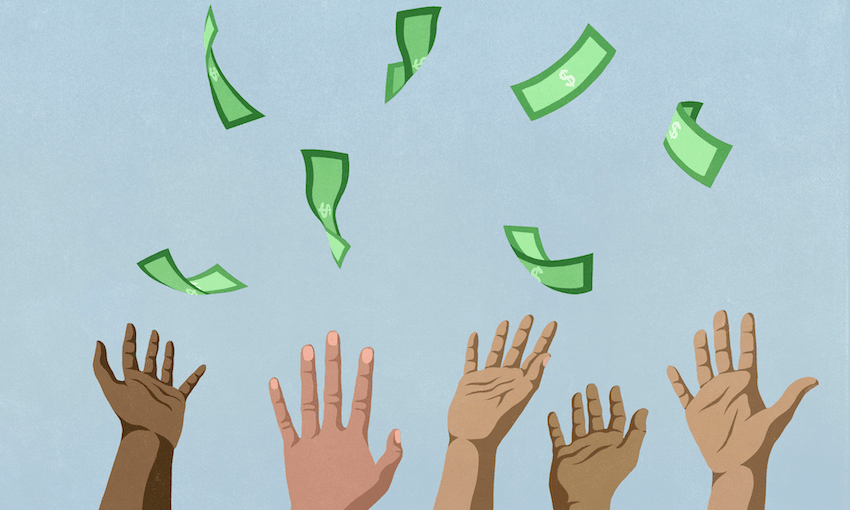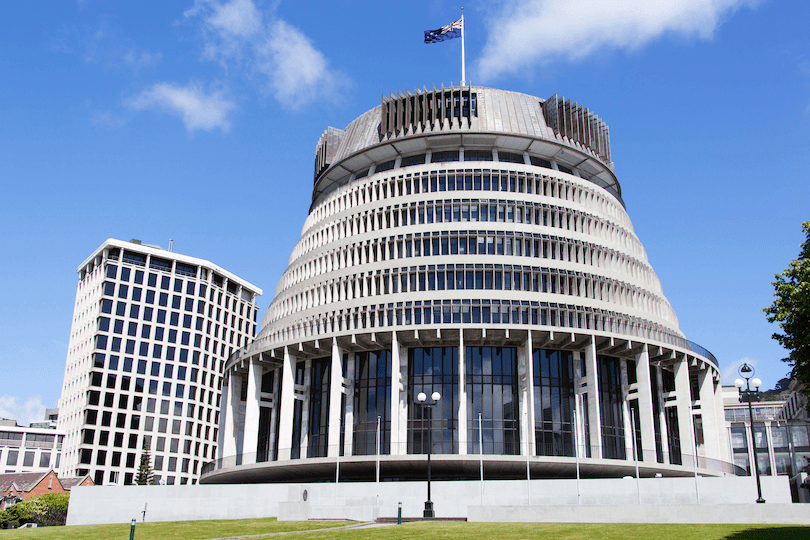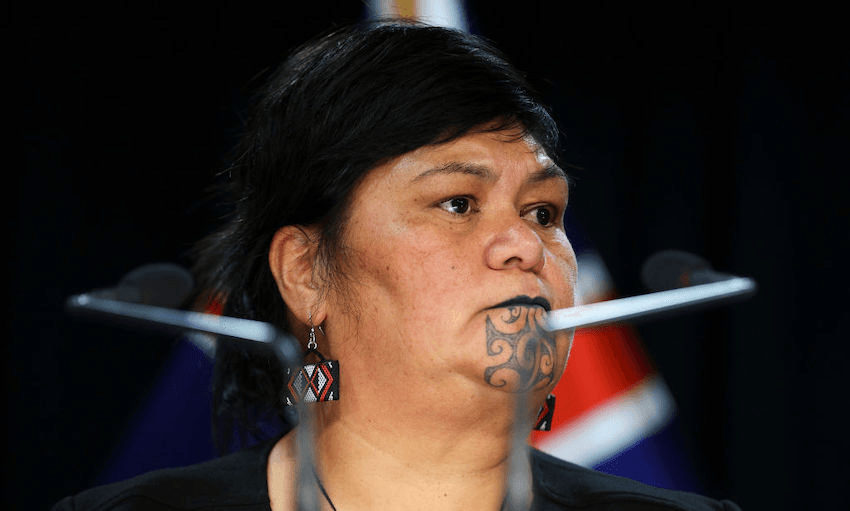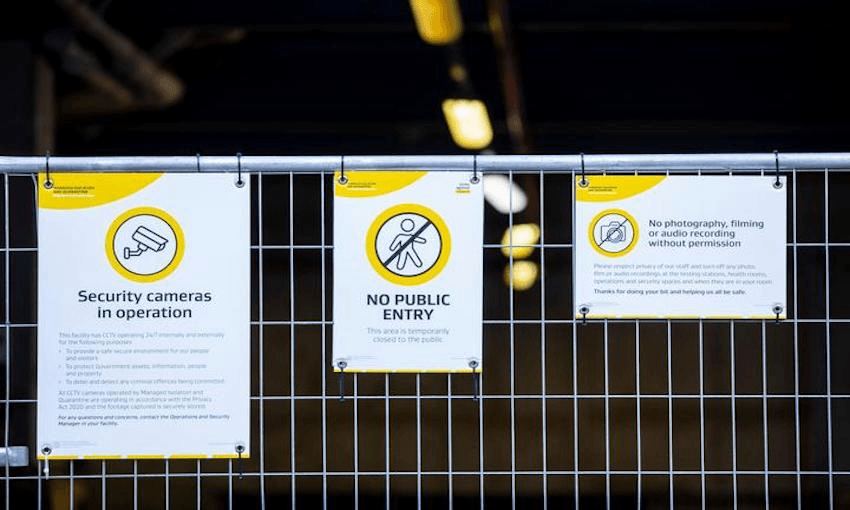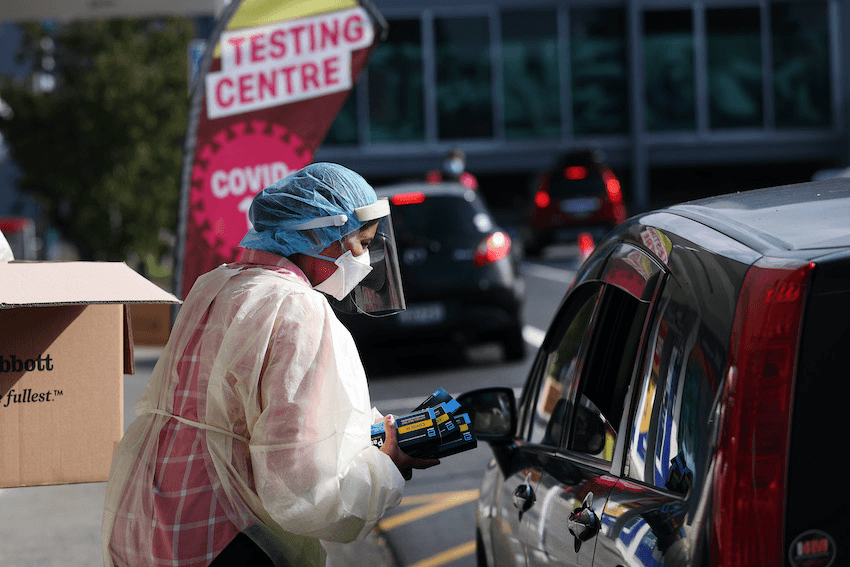There’s been a jump in Covid-related hospitalisations, with 845 people now seeking treatment. Of those, 16 are in intensive care – a drop from yesterday’s 19. There are now more people in hospital with Covid-19 than at any other point over the last two years.
In the Northern region, 587 people are in hospital. It’s similar to the last couple of days, perhaps suggesting the numbers are levelling off there.
Nationally, of people hospitalised who had genome sequencing done since the beginning of the year, 21% had delta and 21% omicron. Of hospitalised patients in the last four weeks who had genome sequencing carried out, none had delta. The variant was last detected in a sequenced community sample in mid-February.
Of the most recent 47 cases in hospital who had genome sequencing done, 25 were the B.A.1 sub-variant and 22 the B.A.2 sub-variant of omicron. About two-thirds of the cases sequenced in the last two weeks were B.A.2 and at least 38 cases in the week ending March 5 were epidemiologically linked to the delta outbreak. “So it’s still out there,” said Bloomfield.
In Auckland, the positivity rate from rapid tests is about 40%, said Bloomfield.
From tomorrow, parents and caregivers can report RAT results for children and other dependents online and there will be increased capacity on the 0800 number.
More than 21,000 new community cases
There are 21,015 new community cases of Covid-19. That suggests that the outbreak has started to peak, with numbers remaining fairly stable each day for the past week.
New Zealand now has over 208,000 active cases.
Ashley Bloomfield said about 87% of reported cases have been diagnosed through rapid antigen tests since February 23. Of today’s cases, 97% were confirmed with rapid tests.
NZ’s Covid death total now 91
There will also be a change in the way Covid-related deaths are reported, putting us in line with countries like the UK. Deaths will be split into three groups: those who definitively died from the virus, those who died from another cause but after testing positive, and those whose cause of death remains undetermined.
The new definition of a Covid-related death is everyone who died within 28 days of a Covid diagnosis. An additional nine deaths have been recorded in the last two weeks but they haven’t been publicly announced as of yet.
“Our total number of Covid-related deaths now sits at 91,” said Bloomfield, including deaths now considered part of our pandemic statistics. “New Zealand’s number of deaths remains very low internationally… and New Zealand has a very low case fatality rate internationally, meaning those who get Covid here are getting the right kind of care.”
Whenever new deaths are publicly reported, the ministry will now include a new total of deaths in its 1pm statements.
Asked about the proportion of Covid cases in hospital because of the virus versus those there for other reasons who happen to have Covid, Bloomfield said the ministry was “trying to get a weekly estimate”. It was hard to get an accurate figure, especially in Auckland where there’s a high turnover patients.
Overseas studies suggest three-quarters of people with Covid in hospital are there because of Covid, but in Auckland, because of the high incidence of Covid in the community, the proportion of people there for other reasons is likely to be higher.
